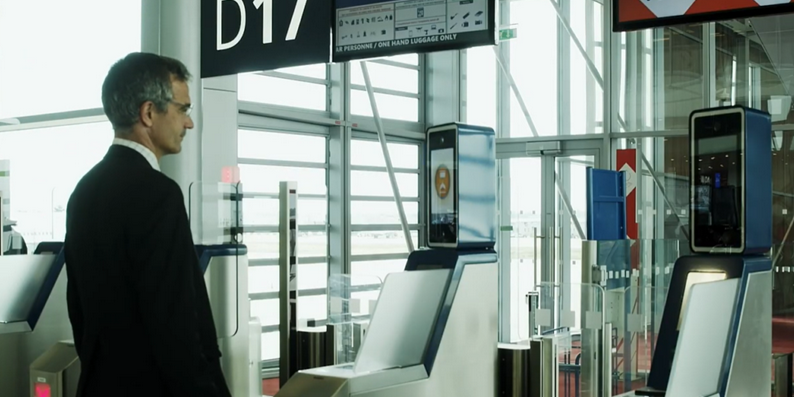by Chris Burt, Activist Post:

Biometrics for getting through the airport, and in one case beyond it was a common theme in four of the most-read articles of the past week on Biometric Update. The TSA continues to roll out CAT 2’s supplied by Idemia even as legislators try again to stymie the program, and NEC XON claims a success in Zimbabwe. Clear is enrolling people for PreCheck, as lawmakers try to dislodge the company from its place in California airports, and Digi Yatra could soon be used by more people for more things. Elsewhere, Worldcoin continues its slow-dance with Latin American regulatory authorities, while a change in Brazilian regulation is opening up a market for biometrics providers like CAF, Legitimuz, IDnow and Sumsub.
TRUTH LIVES on at https://sgtreport.tv/
Top biometrics news of the week
U.S. airports and legislators continue to struggle with the legacy of the 9/11 terrorist attacks, with a pair of Senators proposing an amendment to existing legislation as part of a reauthorization bill to block TSA’s airport biometrics rollout. Meanwhile, TSA continues to expand the program, requesting funds to deploy more of its CAT2s, which are supplied by Idemia. Meanwhile, California state legislators are considering a proposal to push Clear out of standard and TSA security lanes at state airports.
Coincidentally, biometrics enrollment for TSA PreCheck with Clear has officially launched at three airports, with more on the way. The company has also deployed registration and traveler verification kiosks at Kahului Airport in Hawaii, which is also shifting its TSA PreCheck lanes.
Prominent industry organizations the SIA and IBIA pushed back with a letter to Congress, and the SIA says the federal proposal is based on claims that are “inn-informed and spurious,” as well as “completely and demonstrably false.” Their claim of enhanced security is backed by an incident in Zimbabwe where NEC XON technology caught a group attempting to enter the country illegally, while biometrics deployments rolled on in Europe, Japan and Nigeria.
Digi Yatra is expanding to international flights and even beyond the airport, as verifiable credentials for use in cases like hotel check-ins. Foreign travelers are also in the long-term plans for the face biometrics system, but a service outage followed by a new app launch caused worries of a data breach.
National legal and digital identity projects are at various stages in Africa, but Kenyan CS Eliud Owalo, a key figure in the country’s Maisha Namba initiative, believes it is time to start working on an integrated, continent-wide digital ID system. His remarks during the recent 2024 Transform Africa Summit found some supporters, even as Maisha Namba’s rollout remains somewhat controversial domestically.
Finland’s government has announced the launch of its implementation plan for its national implementation of the EU Digital Identity Wallet. The plan is being jointly carried out by the finance ministry and digital agency, who emphasize that only users will be able to track how their wallet is used.
A violent murder on a Los Angeles bus has prompted the transit authority’s board to ask its CEO to report on the feasibility of using facial recognition to enforce bans of riders. The Metro is also fast-tracking the rollout of protective barriers on vehicles. Biometric payments for public transport are increasingly popular, but New York City’s authority has adopted a policy not to adopt the tech.
Worldcoin has assured governments and consumers about the safety of the iris biometrics that it collects, and the choice people have in offering them up. Some policy-makers in Argentina and Mexico, however, remain skeptical of the company’s methods for obtaining consent and their data protection assurances, as more Orbs arrive in latter country.



